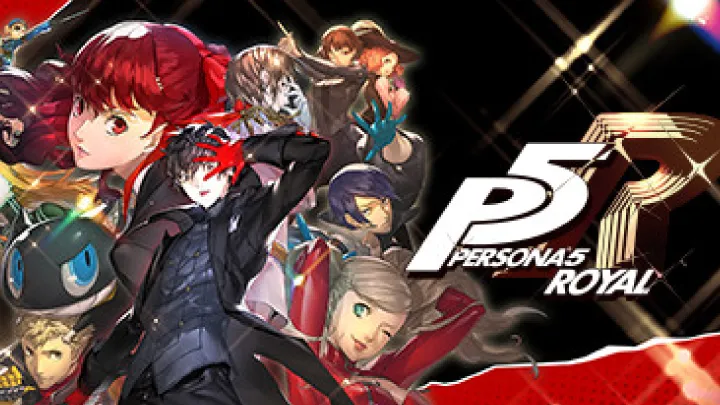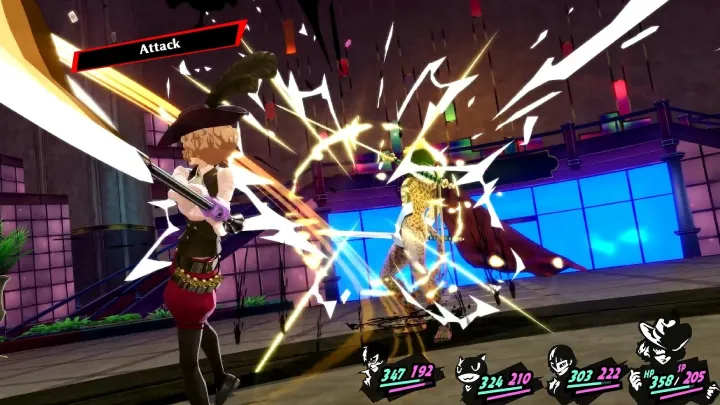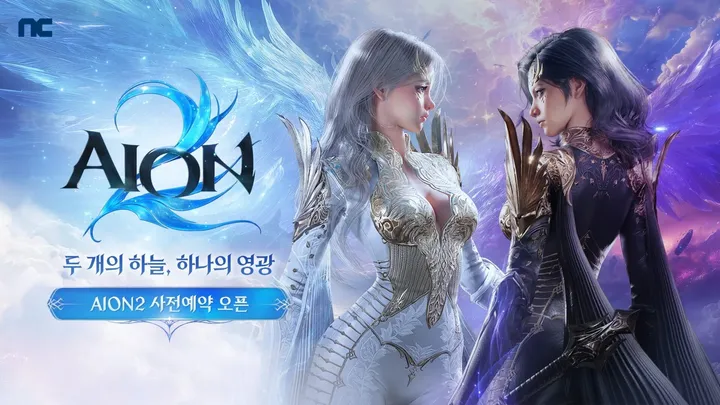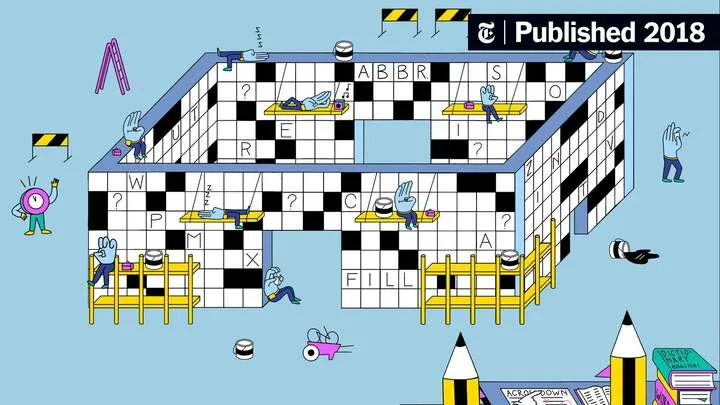
Introduction
Persona 5 Royal expands upon the original Persona 5 with enhanced mechanics, additional characters, and deeper narratives. At its core, the game presents an intricate exploration of identity, particularly the struggle between individual self and societal expectations. As players journey through the game, they embody the protagonist known as Ren Amamiya (or Akira Kurusu) who leads the Phantom Thieves of Hearts, a group dedicated to confronting the twisted desires of corrupt adults and reclaiming their stolen futures. This article delves deeply into the issue of identity, revealing how the game illustrates the complexities and challenges of self-discovery against the encroaching pressures of society, particularly through its rich narrative, character arcs, and the thematic interplay between the Metaverse and the real world.
The Concept of the Persona
Understanding the Persona
At the heart of Persona 5 Royal lies the psychological concept of the "persona," derived from Carl Jung's theories. In the game, a persona represents the mask individuals wear to navigate their social environments. This psychological construct plays a pivotal role in shaping the identities of the characters, offering insight into their struggles and motivations.
- Symbolism of the Persona: Each character's persona reflects their innermost desires and traumas. For example, Ren’s persona, Arsène, embodies rebellion against injustice and the quest for identity. The visual design and powers associated with each persona provide a deeper understanding of the characters’ psyches, reinforcing the idea that who they are on the surface often conceals deeper vulnerabilities.
- Dissonance Between Self and Persona: The tension between an individual’s true self and the persona they present to the world highlights the ongoing battle of authenticity. Persona 5 Royal emphasizes that characters must confront their true selves to break free from societal constraints, illustrating the philosophical notion that personal growth necessitates self-examination.
Through the lens of the personas, the narrative introduces existential dilemmas, prompting players to reflect on their identities and the masks they wear in daily life.
The Awakening of the Phantom Thieves
The call to action for the protagonist and his allies simultaneously serves as a metaphor for self-discovery. Each character awakens to their persona under unique circumstances, each tied to their personal struggles and the societal expectations imposed upon them.
- Individual Journeys: Characters like Ryuji, Ann, and Makoto each confront their societal roles and internal conflicts. Ryuji grapples with a sense of inadequacy due to societal bias against his past, while Ann faces objectification and struggles with her self-worth. Their awakening leads to a radical transformation, symbolizing the rejection of the personas society has imposed upon them.
- Group Dynamics: The formation of the Phantom Thieves encapsulates the idea that shared experiences foster growth. As they bond, they collectively challenge not just external authority figures but also their own internalized doubts, enacting a powerful narrative of solidarity and identity reclamation.
This awakening is pivotal in shaping their identities, driving home the notion that understanding and asserting one's true self often requires community and shared experiences.
The Metaverse: A Reflection of Society
The Metaverse as a Tool for Exploration
The Metaverse serves as a crucial dimension in Persona 5 Royal, allowing players to explore the societal constructs that shape individual and collective identity. The shadow forms of characters in the Metaverse illustrate the darker elements of their personalities and the way societal pressures warp self-image.
- Shadows and Repression: Shadows in the game symbolize the repressed parts of one's identity, often stemming from societal norms or expectations. When characters confront their shadows, they engage in a form of psychological purging, shedding the disillusionment inflicted by others and reclaiming their authentic selves. This process not only facilitates personal growth but also confronts the systemic issues affecting their lives.
- The Role of the Metaverse: The Metaverse functions both as a space for adventure and as a crucible for character development. It serves to externalize inner conflict; players navigate dungeons that represent characters’ psyches, tackling corruption and moral decay while ultimately striving for redemption and empowerment.
This exploration of the Metaverse underscores the complex interplay between identity and external influences, illuminating how our environments shape our perceptions of self.
Navigating the Duality of Reality and Fantasy
Diving deeper into the Metaverse and its effect on the characters’ identities reveals a duality between their real-world perceptions and their experiences within this fantastical realm. The transparent social issues addressed in the game resonate with players, as characters grapple with the consequences of their actions in both worlds.
- The Weight of Choices: The consequences of the Phantom Thieves’ actions in the Metaverse reflect and echo in the real world. Their decisions often challenge moral and ethical boundaries, raising questions about justice, identity, and the price of social change. The complexity of navigating two realms highlights the moral weight characters carry as they balance their desires for personal freedom against the collateral damage their actions may incur.
- Reality Check: Ultimately, the duality instills an awareness of the boundaries between fantasy and reality. Characters are tempted by the power to change their destinies but must confront the pitfalls of rapid change in a complex society. Through this lens, players are encouraged to reflect on their journeys toward self-discovery amidst real-world challenges.
The navigation of this duality emphasizes the importance of understanding the implications of one's identity—in both personal and broader contexts—when confronting societal issues.
The Role of Relationships in Shaping Identity
Building Connections Among the Phantom Thieves
As players progress through Persona 5 Royal, the bonds formed among the Phantom Thieves are integral to their collective identity. Relationship-building is a core gameplay mechanic that enriches the narrative and reveals the complexities of each character's identity.
- Social Links and Confidants: These interactions allow players to deepen their understanding of characters' struggles and motivations. Each character grapples with their own identity issues, and through their connections, they find support and affirmation. The social links highlight the necessity of collaboration and camaraderie in overcoming personal barriers.
- Character Development through Relationships: Different confidants enhance the characters’ abilities within the Metaverse, making relationship-building not only crucial for gameplay but also a representation of how connections bolster individual resilience. This emphasizes the theme that personal growth often occurs within supportive frameworks.
Through the exploration of relationships, Persona 5 Royal underscores how identity is not formed in isolation but rather through interactions with others.
The Impact of Betrayal and Rejection
The game also encapsulates the shadow side of relationships, illustrating how betrayal and rejection shape identity. Characters face moments of disillusionment, challenging their sense of self and forcing them to confront societal rejection.
- Moments of Pain: When characters experience betrayal—like Ryuji’s dismissal from the track team or Ann’s struggles against objectification—their responses depend largely on their existing support systems. This highlights how social acceptance and rejection can forge or fracture individual identity.
- Resilience Through Betrayal: Rather than succumbing to despair, many characters find renewed strength through confrontations with their pain, utilizing their struggles to catalyze further personal growth. This serves to illustrate the resilience of individuals within the context of their social environment.
The representation of betrayal as a catalyst in shaping identity emphasizes the multifaceted nature of relationships and how they can both uplift and challenge the self.
The Theme of Rebellion and Social Change
The Phantom Thieves as Agents of Change
Rebellion serves as a core driving force in Persona 5 Royal, where the Phantom Thieves confront corrupt adults and systemic injustices. Their acts of defiance not only challenge authority but also compel the characters to embrace their identities fully.
- Symbolic Rebellion: Each act of rebellion symbolizes a larger struggle against societal norms. The Thieves’ rebellions encourage characters to break free from conformist roles orchestrated by society, empowering them to reclaim their agency.
- Impact on Identity: This rebellion reinforces the notion that identity is inherently tied to one's willingness to challenge the status quo. For the Phantom Thieves, standing up against corruption allows them to redefine themselves beyond societal constraints, fostering a sense of both personal and collective identity.
Through acts of rebellion, Persona 5 Royal captures the essence of youth empowerment and the desire to forge identities that resist societal definitions.
Consequences and Reflection on Rebellion
While rebellion serves to empower the Phantom Thieves, the game does not shy away from illustrating the consequences of their actions. The weight of rebellion is immense, forcing characters to continually reassess their identities in light of societal backlash.
- Duality of Freedom and Responsibility: The liberation achieved through rebellion also beckons a sense of accountability. As the characters take on the role of self-defined heroes, they must grapple with the fallout from their choices, adding layers of complexity to their understanding of justice and identity.
- Reflection on Outcomes: As the story progresses, characters often reflect on the consequences of their actions, forcing them to reconsider the nature of their rebellion and its implications for their identities. This reflective aspect encourages players to contemplate the moral ramifications of standing against societal norms and the challenge of remaining true to oneself amidst intense societal expectations.
Thus, the theme of rebellion serves as a profound exploration of how actions impact identity formation, revealing both the liberating and burdensome aspects of fighting against adversity.
The Journey of Self-Discovery
Personal Growth Through Challenges
The theme of self-discovery emerges as a prominent narrative arc, largely shaped by the culmination of relationships, societal conflict, and the ongoing tension between individuals and broader societal constructs. Each character undergoes a journey filled with challenges that catalyze significant personal growth.
- Embracing Vulnerability: The process of confronting one’s shadow encourages characters to embrace vulnerability, leading to a more profound understanding of their desires and aspirations. This act of self-acceptance is critical in overcoming the barriers that society has imposed upon them, indicating that personal growth is often fraught with internal conflict.
- Evolving Identities: The characters ultimately emerge as their authentic selves, having navigated the complexities of their struggles. This evolution emphasizes the fluid nature of identity; rather than being static, identity is continually shaped through experiences and socio-cultural interactions.
Through these experiences, Persona 5 Royal effectively navigates the idea that self-discovery is integral to personal identity, highlighting the importance of resilience and adaptability.
Conclusion: Identity in a Complex Society
Persona 5 Royal intricately examines the complexities of identity through its rich narrative, multifaceted characters, and philosophical themes. The journey of Ren and his allies transcends mere gameplay; it invites players to grapple with existential questions about their own identities in a society marked by expectations and pressures.
By employing the concepts of the persona, exploring the dynamics of relationships, and engaging with themes of rebellion and self-discovery, the game evokes a powerful reflection on how identity is constructed and transformed. The interplay between individual desires and societal constraints serves as a poignant reminder that the journey toward self-acceptance is fraught with challenges, but ultimately essential for growth.
As players navigate the depths of their characters’ experiences, they are reminded that identity is not merely an individual endeavor, but a collective journey influenced by the connections we forge and the societal structures we confront. Persona 5 Royal ultimately emerges not just as a game, but as an exploration of what it means to be human in a world craving authenticity amidst superficiality.


















